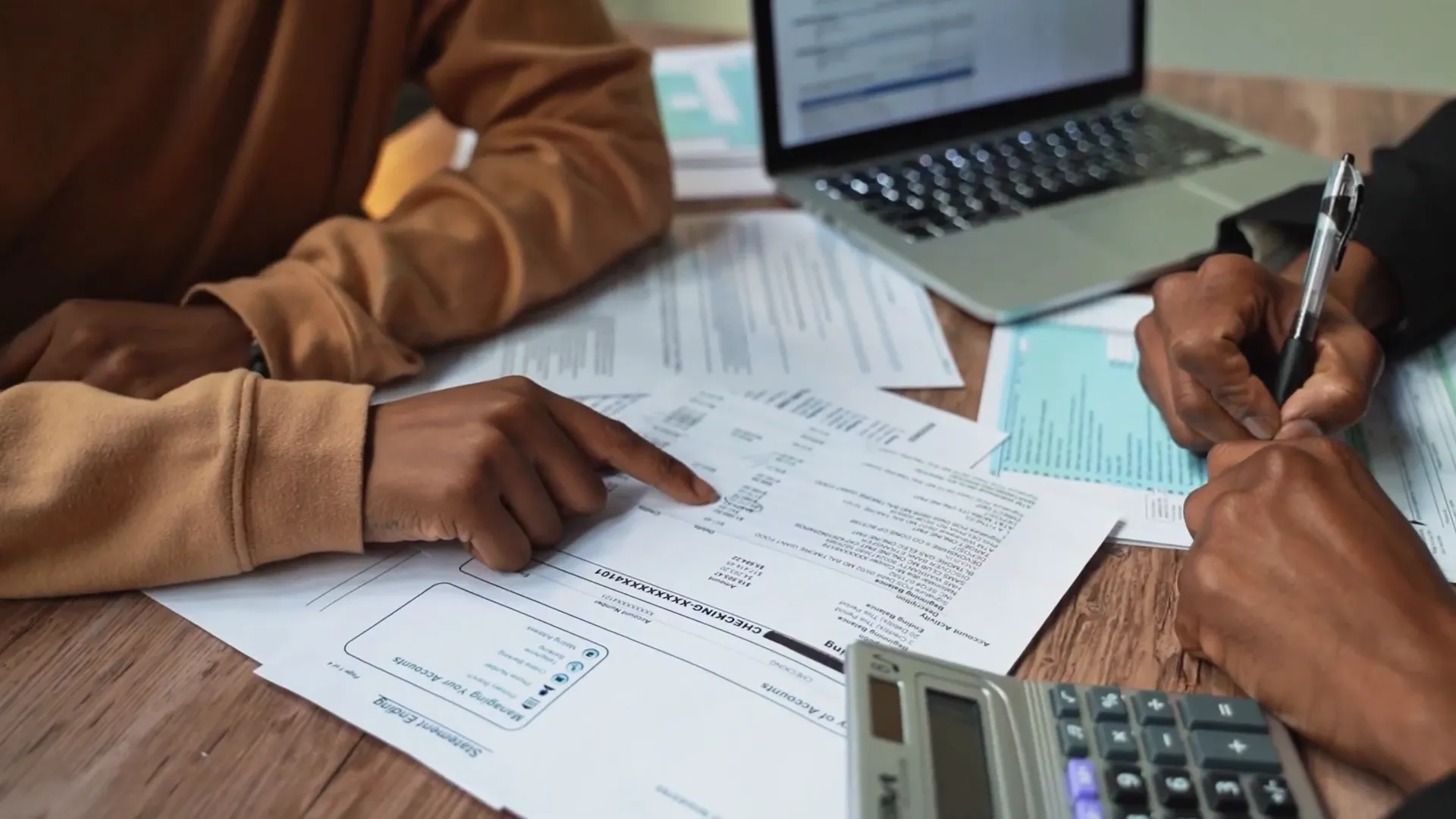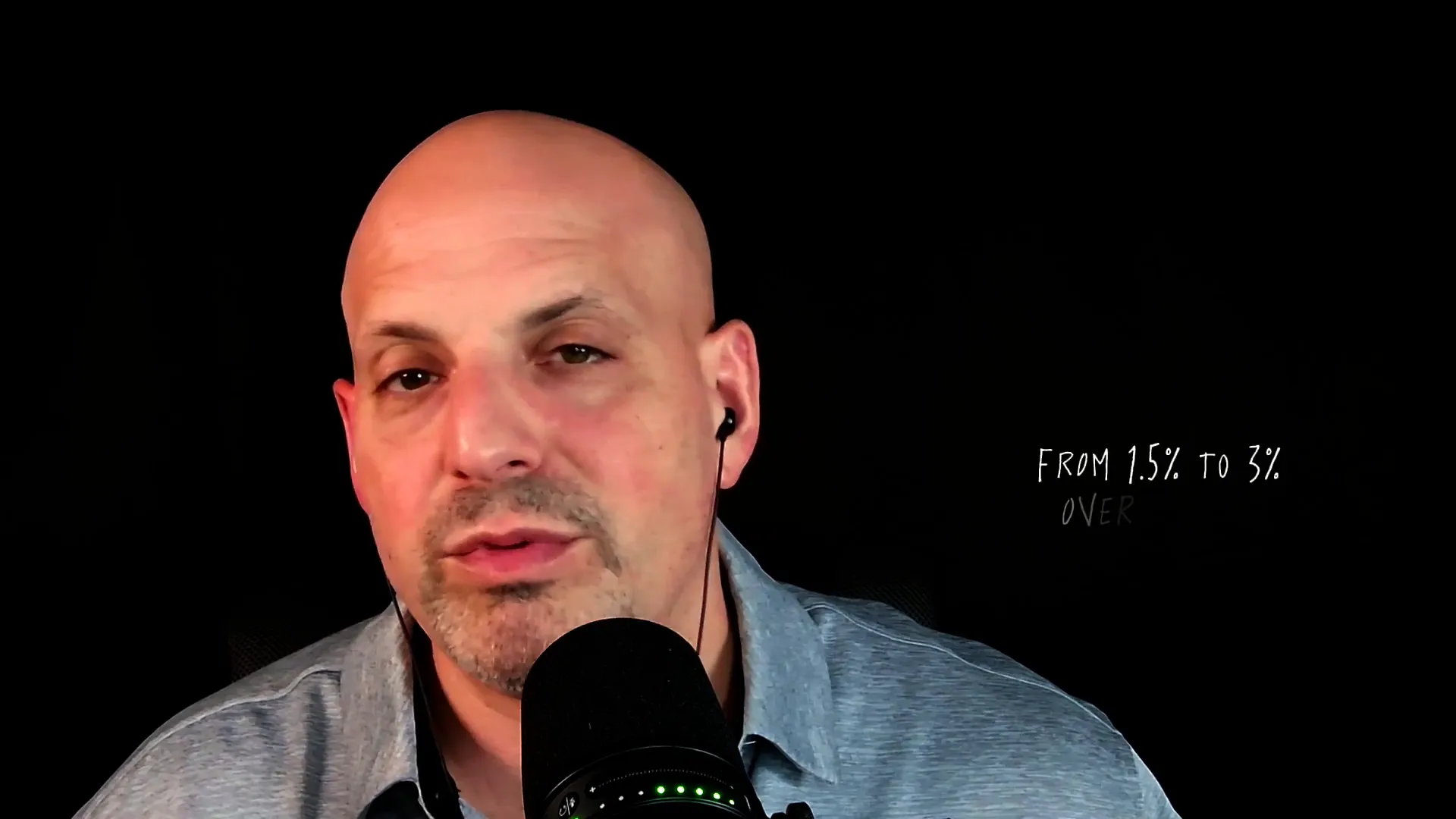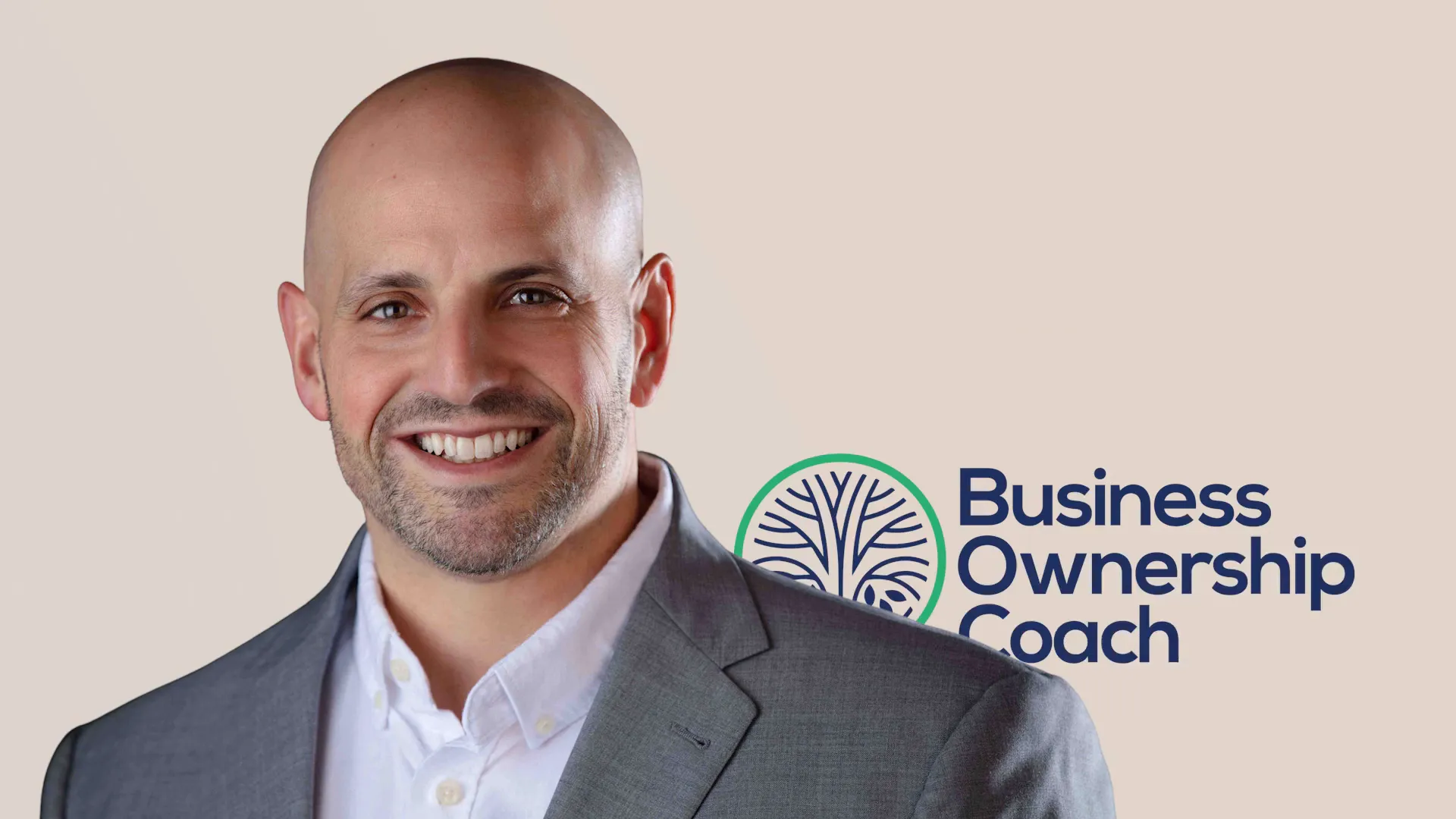If you're exploring financing options for commercial real estate in 2025, understanding the current landscape of SBA 7(a) loan rates is crucial. As a seasoned expert with over 20 years in the lending industry, I’m here to break down what you can expect from SBA loan rates, the nuances between fixed and adjustable rates, and how to position your deal for the best possible terms. This article will provide a comprehensive look at SBA 7(a) loan pricing, lender types, and strategic tips to help you secure the funding you need for your commercial real estate projects.
Whether you’re a seasoned business owner or just starting your journey, knowing the ins and outs of SBA 7(a) loans can save you time, money, and headaches. Let’s dive in and explore the current SBA 7(a) rates for commercial real estate deals, what influences those rates, and how you can leverage the right lender relationships to your advantage.

Photo by Ricardo Gomez Angel on Unsplash
Understanding SBA 7(a) Loan Rates for Commercial Real Estate
SBA 7(a) loans remain a popular financing tool for commercial real estate projects due to their favorable terms and government guarantee. But what do the rates look like in July 2025?
Currently, for strong, well-documented deals involving commercial real estate, you can find banks offering three to five-year fixed interest rates in the high 5% to low 6% range. This is particularly true for what we call “A-paper” deals—those with solid businesses and borrowers who have strong financials and cash flow.
These fixed-rate options provide predictability and stability, which is often sought after in commercial real estate financing. However, it’s important to realize that such attractive fixed rates are typically reserved for highly qualified borrowers and specific asset classes. The banks offering these rates tend to be more selective about the types of businesses and collateral they accept.

Fixed vs. Adjustable Rates: What Are Your Options?
Most SBA 7(a) loans come with adjustable rates, typically calculated as prime rate plus a margin ranging from 1.5% to 3%. These rates adjust quarterly, which means your interest expense can fluctuate with market conditions. While adjustable rates may initially be lower than fixed rates, they carry the risk of rising over time.
On the other hand, some banks offer straight fixed-rate products on SBA loans, which provide borrowers with certainty over their payment schedule. For borrowers with well-established businesses and strong financials, locking in a fixed rate in the mid-5% range for three to five years is achievable.
Interestingly, for certain “paper” commercial real estate deals, there are cases where the adjustable rate can even be priced below prime—sometimes prime minus 1% or prime minus 0.5%. This pricing model usually applies to very strong deals with excellent collateral and low risk.

The Role of Collateral and Business Strength in SBA Loan Pricing
One of the biggest factors influencing SBA 7(a) loan rates is the quality of collateral and the financial strength of the business. When you bring a solid commercial real estate asset as collateral and demonstrate strong cash flow and financials, you’ll be in the “A+” deal bucket. These deals attract the best pricing, including lower margins and access to fixed-rate products.
Conversely, if your deal lacks sufficient collateral or the business financials have some weaknesses, you’ll likely see pricing at prime plus a margin, which is less attractive. This is because lenders price risk into the loan, and insufficient collateral increases their exposure.
It’s essential to understand the risk profile of your deal and how lenders categorize it. This knowledge will help you set realistic expectations and approach the right lenders who specialize in your deal type.

Why Choosing the Right Lender Matters
A common mistake I see is borrowers submitting their deals directly to local banks without working with an SBA specialist or understanding the underwriting process. Even if a bank advertises great rates, they might outsource underwriting to third parties who have different criteria, leading to delays or denials.
Knowing who you’re dealing with makes a huge difference. SBA preferred lenders who fund and sell off the guaranteed portions of loans tend to move faster and have more predictable outcomes. On the other hand, balance sheet lenders who keep loans on their books may offer better rates but are much more selective.
Working with an experienced SBA banker or consultant can save you months of frustration by matching your deal with the right lender from the start.
Creative SBA Financing Solutions Beyond 7(a)
While SBA 7(a) loans are versatile, there are other SBA and non-SBA programs worth exploring depending on your project and industry.
- SBA 504 Loans: These focus on fixed assets like commercial real estate and equipment, often paired with a 7(a) loan for working capital.
- SBA 504 Green Loans: Designed for environmentally friendly projects, offering favorable terms for green building initiatives.
- Parapublic (Parapu) Deals: Combining SBA loans with other financing to optimize deal structure.
- State Guarantee Programs: Some states offer loan guarantee programs that may provide better terms for specific industries or deal types.
- Non-SBA Programs: For seasonal businesses or harder-to-place industries, alternative programs might be more suitable.
By understanding the full spectrum of financing options, you can tailor your approach and increase your chances of approval with the best possible rates.

How to Get Started and Maximize Your SBA Loan Success
To navigate the complexities of SBA 7(a) loan pricing and lender selection, it’s advisable to work with an experienced professional who understands the nuances of SBA lending and commercial real estate financing.
Here are some practical steps to help you maximize your chances:
- Assess Your Business and Collateral: Gather strong financial statements and documentation of your commercial real estate assets.
- Understand Your Deal’s Risk Bucket: Determine if your deal qualifies as an A+ paper deal or if it falls into a higher risk category.
- Identify SBA Preferred Lenders: Target lenders who have a track record of closing deals similar to yours quickly and efficiently.
- Consider Fixed vs. Adjustable Rates: Evaluate your appetite for interest rate risk and decide which rate structure aligns with your business goals.
- Explore Creative Financing Solutions: Don’t hesitate to consider SBA 504, green loans, or state guarantee programs if they fit your project.
- Get Professional Guidance: Consult with SBA financing experts who can help you navigate underwriting requirements and lender relationships.
Taking these steps will reduce the chances of delays, denials, and costly mistakes.

Conclusion: Position Yourself for SBA 7(a) Loan Success in 2025
SBA 7(a) loan rates for commercial real estate in 2025 offer attractive opportunities, especially for well-prepared borrowers with solid businesses and collateral. Fixed-rate options in the mid-5% range are achievable for the right deals, while adjustable rates remain common with margins tied to prime.
Understanding the differences between lenders, the impact of collateral, and the risk pricing models will empower you to make informed decisions and avoid pitfalls. Remember, not all lenders or SBA programs are created equal, so working with an experienced SBA financing coach can be a game-changer.
Whether you want to discuss your project, explore creative lending solutions, or get help identifying the best lender for your needs, professional guidance is key. You can leverage a wide range of SBA and alternative financing programs to fund your commercial real estate ventures and grow your business confidently.
Here’s to your success in securing the right SBA 7(a) loan for your commercial real estate deal!
Business Ownership Coach | Investor Financing Podcast is here to help you unlock your business financing potential and thrive in 2025 and beyond.
